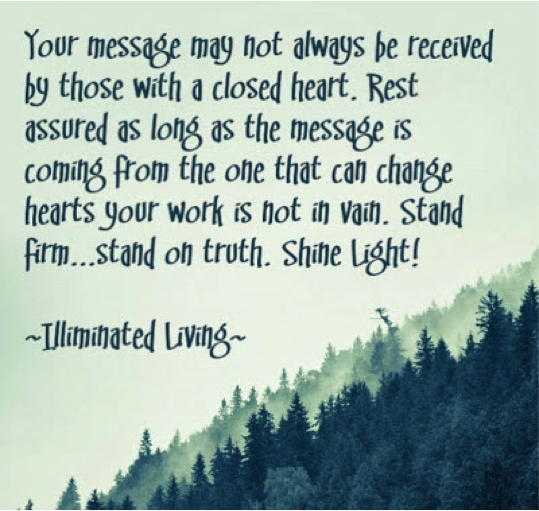
Bestsellers
Interview with Award-Winning Author Becky Spencer
Can you share a little about your recent book? A Bruised Reed: Memoirs of African Orphans and Their Rescuers…
November 1, 2020
Can you share a little about your recent book? A Bruised Reed: Memoirs of African Orphans and Their Rescuers…
November 1, 2020
“Comfort, comfort my people, says your God.” Isaiah 40:1 (NIV) Do you feel compelled to write, but don’t know…
April 3, 2020
Do you ever sit in front of your keyboard, stare at the worn-out keys and wonder if anything you…
July 15, 2018
I’ve often pondered why I write, and what does it mean to be a writer. Sometimes I labor over…
June 25, 2015